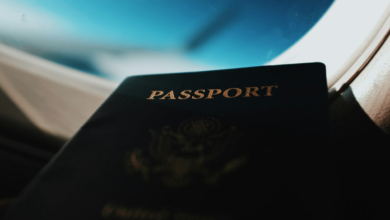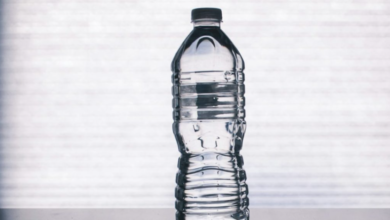Recycling of compostable bioplastics exceeded 2025 targets

The growth of recycling of compostable bioplastics
(Sustainabilityenvironment.com) – Italian performance in the recycling of compostable bioplastics has led to exceeding the targets set for 2025. This is the content of the 2021 activity report of the BIOREPACK consortium. The Consortium is growing strongly. As many as 330 Italian municipalities and delegates signed the convention last year, which resulted in the recycling of 38,400 tons of organically composted bioplastic packaging.
The Italian national consortium for the organic recycling of biodegradable and compostable plastic packaging BIOREPACK presented its first year of activity with very high numbers. The consortium companies have increased from 6 to 202, the affiliated organizations are 330, for a total of 3706 municipalities, representing more than 36 million citizens. This is 61% of the Italian population.
More than 50% of the compostable bioplastic packaging placed on the market has undergone proper recycling: they are about 74,000 tons.
“These numbers, just one year after the birth of BIOREPACK – commented President Marco Versari – show how important it was to have created this new consortium within the CONAI system to ensure proper treatment to the innovative bioplastic industry compostable. In particular, it is to be welcomed that the figure on the amount of recycled packaging compared to the released for consumption is already higher than the minimum legal target for 2025 (50%) and very close to the 55% set for 2030“.
CONAI is a private non-profit consortium in Italy, the measure by which packaging producers and users ensure that they achieve the recycling and recovery target of packaging waste provided for by law.
Versari has commented positively also the relative numbers to the Municipalities already covered from conventions: “I remember – it has said – that the Technical Annex with CONAI and with the ANCI that has given the official start to the possibility of consortia with BIOREPACK has been signed only 20 October 2021. A tangible sign of how much our consortium is perceived as a valid ally in the management of these post-consumer materials, guaranteeing important economic resources to the municipalities and the subjects delegated by them for separate collection“.
Conventions: the South is behind
At the end of 2021 67% of the Italian provincial capitals had asked to join the consortium for the recycling of compostable bioplastics, but there are significant differences between the areas of Italy. Of the 330 entities already affiliated, 209 are municipalities (individual or associated). 79% of these come from the North East, 50% from the North Overst and 49% from the Centre. Taillight the South and the islands, whose coverage reaches just 29 and 14%.
“We hope – added Versari – that the municipalities and the subjects from their delegates to the collection of waste in the regions of the South will quickly fill this gap. Conventioning means in fact being able to access economic resources that turn out to be crucial, above all for the territorial realities of medium-small dimensions. And they are a stimulus to carry out in the best way the separate collection of the wet fraction, essential also in environmental terms”.
The commitment to the fight against illegality
BIOREPACK has worked in synergy with Assobioplastiche and the national inspection bodies to combat the illegal use of compostable bioplastics in the recycling sector. The framework of illegalities is in fact very wide, ranging from the marketing of packaging in compostable bioplastics that do not have all the required characteristics, to real false declarations and certifications. These are illegal activities that, in addition to creating economic damage to the supply chain, also have negative impacts on the environment. The results of the convergence between the consortium and the association have led to recent seizures of illegal packaging and Rome and Naples.
In addition to combating illicit activities, BIOREPACK has awareness-raising programs in place to support citizens in their separate collections. The consortium focused in particular on labels, collaborating with CONAI in the definition of Guidelines on packaging labeling that make compostable bioplastics more recognizable, thus urging citizens to recycle.
“A year ago – concluded Versari – BIOREPACK was a project full of enthusiasm and ambitious goals. Today we present ourselves with positive numbers and concrete activities. We know that this is only a starting point. But we have the will to progress together with citizens, national and local institutions, collecting companies, recycling plants, academia and research, NGOs. Always ready for confrontation to progress, never to the controversy to destroy”.





